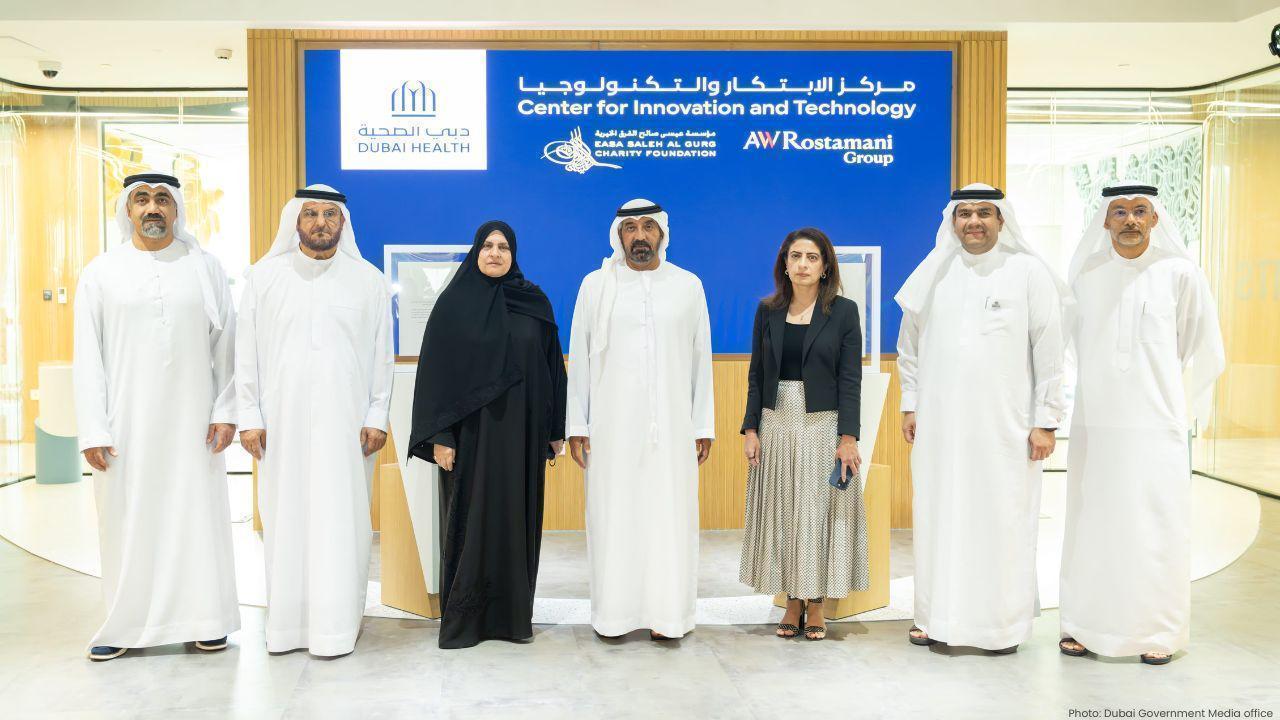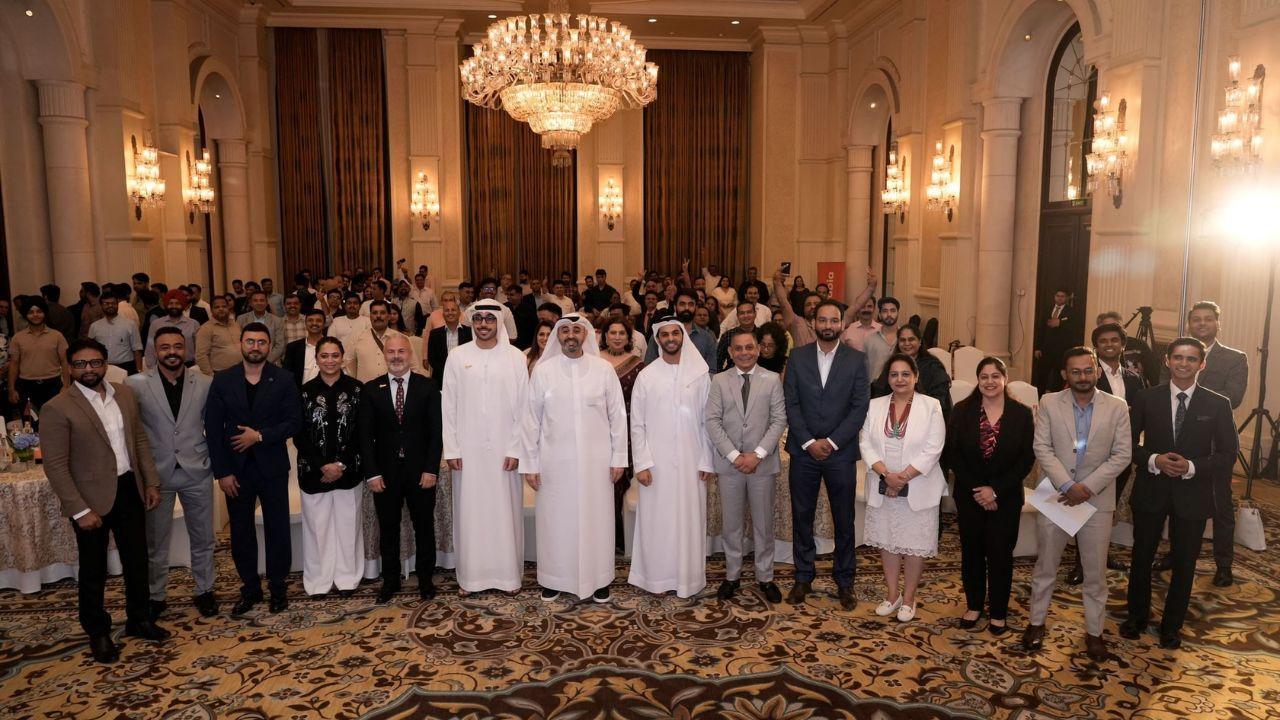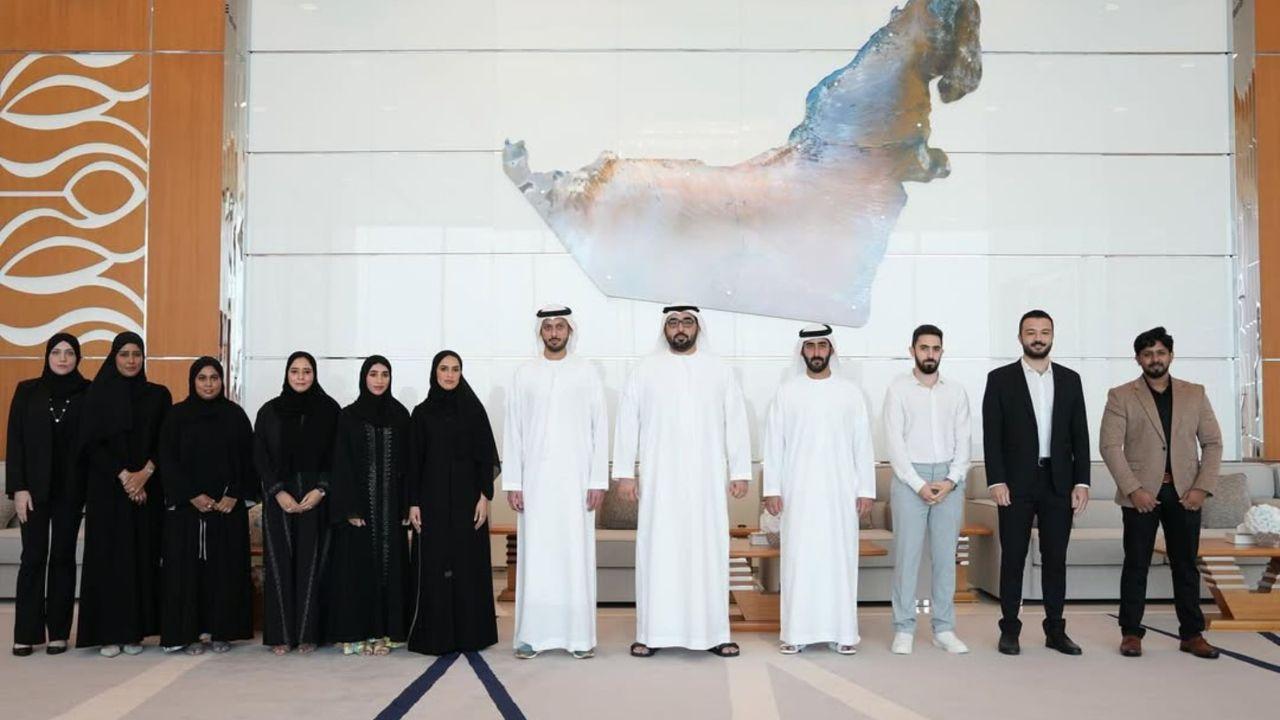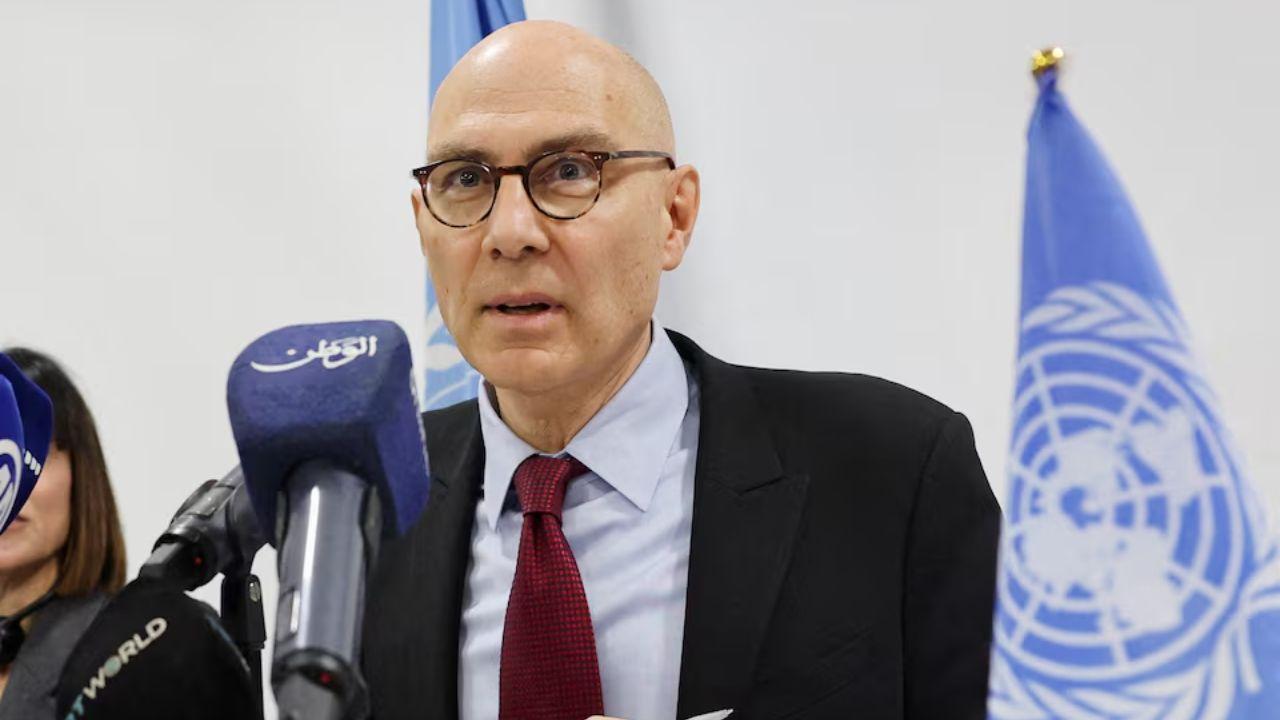
Post by : Soumya Jit
Workplaces today are faster, more competitive, and more demanding than ever. New technologies, tight deadlines, and diverse teams make modern jobs exciting—but they also bring unique challenges. It’s natural to struggle at times, whether it’s meeting performance expectations, handling conflicts, or adapting to constant change. The difference between professionals who get stuck and those who thrive often comes down to one key ability: problem-solving skills.
If you’ve been feeling overwhelmed at work, learning and practicing these skills can turn struggles into stepping stones for success. In this article, we’ll explore why problem-solving matters, how you can build these skills, and how they can save your career and open new opportunities.
Every workplace issue—from a delayed project to a difficult boss—boils down to a problem that needs solving. Employers value people who can calmly assess situations, think logically, and create workable solutions. According to a recent LinkedIn survey, problem-solving ranked as one of the top five most in-demand skills of 2025, making it clear that companies prioritize employees who can think critically and act effectively.
Strong problem-solvers are often seen as leaders, even if they don’t have a leadership title yet. They show initiative, reduce workplace stress, and help their teams succeed. In many cases, being a good problem-solver can mean the difference between staying stuck in the same position or getting that long-awaited promotion.
When you’re struggling at work, it’s easy to blame yourself or the situation. But in reality, most struggles come from either not recognizing the real problem or not having the tools to solve it effectively. For example:
Missing deadlines may be less about laziness and more about poor task prioritization.
Conflicts with colleagues may come from miscommunication, not personal dislike.
Feeling stuck in your career could be a result of not asking for feedback or upskilling.
By shifting your mindset from “I’m failing” to “This is a problem I can solve”, you instantly reduce stress and regain control.
Let’s break down the simple but powerful skills that can make your work life smoother and more successful.
Many professionals waste time fixing surface-level issues. For example, if your team keeps missing deadlines, you might think working longer hours is the solution. But the root cause might be unclear instructions, too many meetings, or lack of resources. Learning to dig deeper before reacting helps you save effort and deliver better results.
Stress can cloud judgment. By taking a step back, gathering facts, and looking at a challenge from different angles, you often see solutions you might have missed. Simple methods like writing down the problem or drawing a mind map can bring clarity.
Large issues can feel overwhelming. A smart approach is to divide them into smaller, manageable steps. For instance, instead of worrying about “finishing the entire project,” focus on completing the first section. Small wins build momentum and confidence.
Most workplace struggles come from poor communication. Practice active listening (paying full attention, asking clarifying questions, and repeating back key points). Combine this with clear, respectful expression of your ideas. Better communication often prevents conflicts before they start.
Sometimes traditional solutions don’t work. Creative problem-solving encourages you to think outside the box. For example, if your marketing strategy isn’t working, you might experiment with new platforms like TikTok or AI-driven tools instead of sticking to the same old methods.
Being aware of your emotions and those of others helps in handling sensitive situations. If you can stay calm when others are frustrated and respond with empathy, you naturally become the go-to person during conflicts.
Great problem-solvers don’t just generate ideas—they choose the best solution and act. Hesitation often makes problems worse. Build confidence by weighing pros and cons, then making informed choices.
The modern workplace changes quickly. Whether it’s a new software system or a sudden team restructure, adaptability ensures you stay relevant. Those who resist change often struggle, while adaptable employees thrive.
Every mistake is a lesson in disguise. Instead of hiding errors, analyze what went wrong and how you can improve. Employers respect honesty and growth more than perfection.
Sometimes, the “problem” isn’t the task—it’s how you use your time. Simple strategies like prioritizing urgent tasks, using productivity apps, or applying the “Pomodoro technique” (working in focused 25-minute blocks) can dramatically improve efficiency.
The IT Fix: An employee noticed constant complaints about slow Wi-Fi. Instead of blaming users, he ran a quick test and found an outdated router. By suggesting a small upgrade, he saved hours of wasted time across the company.
The Marketing Turnaround: A junior marketer saw their ad campaigns underperforming. Instead of repeating the same strategy, she tried user-generated content. Engagement doubled, and her creative thinking earned her a promotion.
The Team Conflict: A manager noticed two employees constantly clashing. Instead of punishing them, she organized a meeting where each shared their perspectives. Clearer communication resolved the issue and improved team morale.
These stories show that even small problem-solving actions can create big changes in workplace success.
When you consistently solve problems, three things happen:
You become more visible. Managers notice employees who fix issues rather than complain.
You reduce stress. Solving problems removes daily frustrations and makes work enjoyable.
You unlock new opportunities. Problem-solvers are often considered for promotions, leadership roles, and challenging projects.
In short, problem-solving is not just a skill—it’s a career-saving habit.
Seek Feedback: Ask colleagues or managers for input on how you handle challenges.
Practice Critical Thinking: Read case studies, analyze situations, and question assumptions.
Learn Continuously: Enroll in workshops, online courses, or read books about decision-making and creativity.
Stay Curious: Ask “why” more often. Curiosity leads to better understanding of problems.
Stay Positive: A positive mindset encourages innovative solutions and resilience.
Struggling at work doesn’t mean you’re failing—it means you’re human. Every professional faces challenges, but not everyone develops the skills to overcome them. By practicing problem-solving skills like identifying root causes, staying calm under pressure, and thinking creatively, you can transform your struggles into stepping stones. These skills not only make your daily work easier but also strengthen your career growth, reputation, and confidence.
The workplace of the future belongs to those who can solve problems, not just follow instructions. Start sharpening your skills today, and you’ll soon find yourself moving from struggle to success.
1. Why are problem-solving skills important at work?
They help you handle challenges, reduce stress, and show employers that you can add real value.
2. Can problem-solving skills really save my career?
Yes. Strong problem-solving makes you more reliable, visible, and likely to get promoted.
3. How can I improve my problem-solving skills quickly?
Start by identifying root causes, breaking big tasks into smaller steps, and practicing better communication.
4. Are problem-solving and critical thinking the same?
Not exactly. Critical thinking analyzes information, while problem-solving uses that analysis to create solutions.
5. What’s the biggest mistake people make when solving problems?
Jumping to quick fixes without understanding the real issue.
6. Do problem-solving skills help outside of work?
Absolutely. They improve decision-making, relationships, and personal growth.
7. Can problem-solving be learned, or is it natural?
It can be learned and improved with practice, feedback, and patience.

Dubai Opens Health Innovation & Technology Center
Sheikh Ahmed bin Saeed opens Dubai Health’s Innovation & Technology Center to boost healthcare resea

How to Invest in Dubai Real Estate as a Foreigner Complete Beginner s Guide 2025
Learn how foreigners can invest in Dubai real estate with this simple beginner s guide Tips legal

Youth Muay Thai World Championship 2025 in Abu Dhabi
Abu Dhabi hosts the 2025 Youth Muay Thai World Championship with 1,200 athletes from 100 nations, ru

Abu Dhabi Jiu-Jitsu Championship 2025: AED3m Prizes
The 17th Abu Dhabi World Jiu-Jitsu Championship offers AED3m prizes, 11 days of action, and 10,000 a

Abu Dhabi Strengthens German Business Ties in 2025
German businesses expand in Abu Dhabi as trade grows, partnerships strengthen, and investment opport

UAE President Meets Qatari Emir Over Israel Attack Concerns
Sheikh Mohamed bin Zayed meets Sheikh Tamim to discuss UAE-Qatar ties, regional peace, and the impac

Dubai Property Market 2025 Is It Still a Seller s Advantage
Explore Dubai s 2025 property trends market shifts and opportunities for buyers and sellers in the

Barakah Nuclear Plant Completes One Year of Full UAE Power Supply
Barakah Nuclear Plant marks one year of full operations, providing 25% of UAE electricity and cuttin

GCC launches unified 2025 guideline to boost investor relations
A new GCC-wide 2025 Investor Relations Guideline aims to unify practices, strengthen transparency an

UAE and Fiji explore new paths of cooperation in key growth areas
A UAE delegation visited Fiji to boost ties in economy education sports and climate action, highligh

Sharjah boosts India tourism links with 2025 Mumbai Delhi roadshow
Sharjah concluded its India roadshow in Mumbai and Delhi, signing key deals, promoting tourism and r

Umm Al Qaiwain Unveils New Tourism Identity for Global Growth
Umm Al Qaiwain launches new identity to boost tourism, highlight heritage and attract global investm

Ras Al Khaimah Ruler meets Botswana President to boost ties
Ras Al Khaimah Ruler welcomed Botswana’s President to discuss stronger ties, economic cooperation an

UAE Crown Prince joins BRICS Virtual Summit highlights unity
UAE Crown Prince Khaled bin Mohamed joined the BRICS Virtual Summit, stressing global cooperation, s

UN Rights Chief Condemns Israel’s Civilian Deaths in Gaza
UN rights chief condemns Israel for mass civilian deaths in Gaza, blocking aid, and using dehumanizi